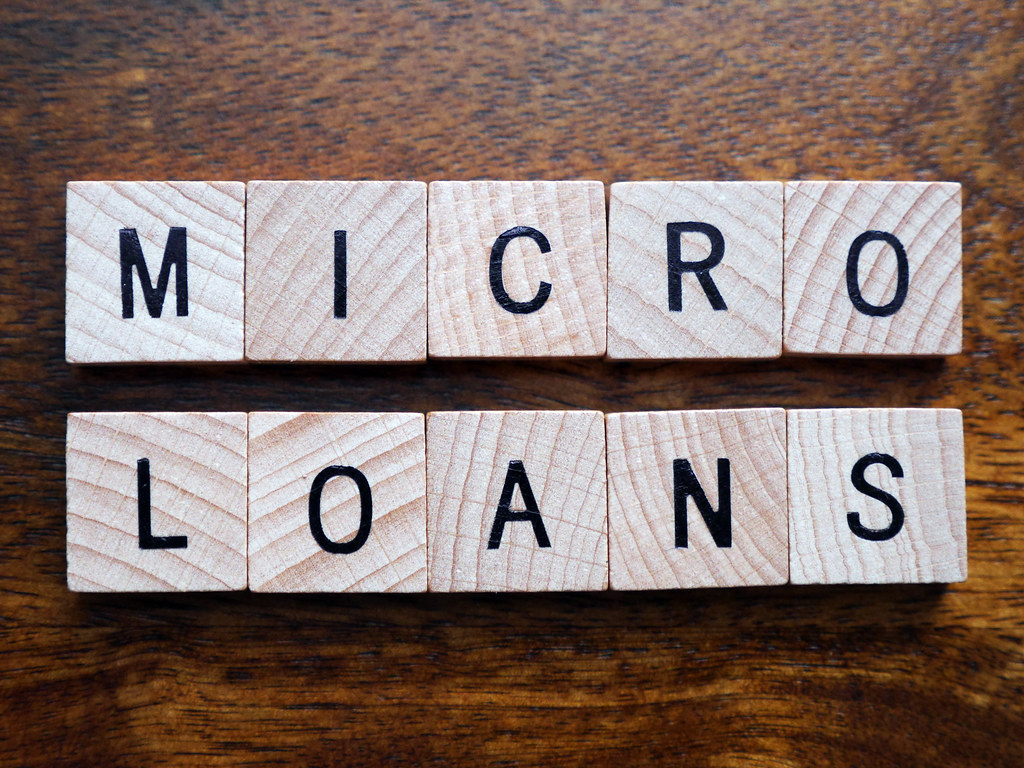If you are looking for a way to finance your small business, you may want to consider an SBA Microloan. This type of loan offers lower interest rates and flexible terms, making it a great option for entrepreneurs looking to start or expand their business. With a focus on providing capital to underserved communities, SBA Microloans can help you achieve your business goals while supporting economic growth in your area. With the variety of financing options available, such as business loans, personal investment, and vendor financing, you can find the perfect solution to meet your financial needs. Explore the world of finance and discover how an SBA Microloan can help you succeed in your business ventures.
“SBA Microloan: Your Guide to Small Business Funding
If you’re starting a small business or looking to expand an existing one, you may have heard about SBA microloans. But what exactly are they, and how can they help you grow your business? In this article, we will explore everything you need to know about SBA microloans, from what they are to how you can apply for one. So, let’s dive in and learn more about this valuable funding option for small business owners like you.
Understanding SBA Microloans
SBA microloans are small, short-term loans provided by the Small Business Administration (SBA) to help entrepreneurs start or expand their small businesses. These loans are typically used for working capital, inventory, equipment, furniture, and fixtures, among other business needs. The maximum loan amount is $50,000, with an average loan size of around $13,000. SBA microloans are a great option for small business owners who may not qualify for traditional bank loans due to a lack of collateral or credit history.
What are the Benefits of SBA Microloans?
SBA microloans offer several advantages to small business owners. One of the main benefits is that they are easier to qualify for compared to traditional bank loans. The SBA works with a network of non-profit organizations called intermediaries that administer the microloan program and provide training and technical assistance to borrowers. These intermediaries are more flexible in their lending criteria and are willing to work with borrowers who may not meet the stringent requirements of banks. Additionally, SBA microloans come with competitive interest rates and favourable repayment terms, making them an affordable financing option for small businesses.
Who Qualifies for an SBA Microloan?
To qualify for an SBA microloan, you must meet the following criteria:
- Be a small business owner with a viable business plan
- Have a good credit history and the ability to repay the loan
- Use the loan for a business purpose (not for personal use)
- Demonstrate the need for financial assistance
- Be unable to secure financing from other sources
If you meet these requirements, you may be eligible for an SBA microloan. The next step is to find a local intermediary in your area that participates in the microloan program and submit an application.
How to Apply for an SBA Microloan
The application process for an SBA microloan varies depending on the intermediary you work with. In general, you will need to provide the following documents:
- A business plan outlining your business goals and objectives
- Financial statements (such as balance sheets, income statements, and cash flow projections)
- Personal and business tax returns
- Personal financial statements
- Collateral (if required by the intermediary)
Once you have gathered all the necessary documents, you can submit your application to the intermediary for review. If approved, you will receive the funds and begin repaying the loan according to the terms and conditions set by the SBA and the intermediary.
Repaying Your SBA Microloan
Repaying your SBA microloan is crucial to maintaining a good credit history and ensuring future access to financing. The loan term for an SBA microloan is typically up to six years, with repayment terms varying depending on the intermediary. It’s essential to make timely payments on your loan to avoid defaulting and damaging your credit score.
What Happens if You Can’t Repay Your SBA Microloan?
If you encounter financial difficulties and are unable to repay your SBA microloan, you should contact the intermediary immediately to discuss your situation. They may be able to offer a forbearance or workout arrangement to help you repay the loan without defaulting. It’s essential to be proactive and communicate openly with the intermediary to find a solution that works for both parties.
Conclusion
SBA microloans are a valuable funding option for small business owners who need financing to start or grow their businesses. These loans offer competitive interest rates, flexible repayment terms, and technical assistance to help you succeed. By understanding the requirements, benefits, and application process for an SBA microloan, you can better position yourself to secure the funding you need to achieve your business goals. Remember, the SBA is here to support small business owners like you, so don’t hesitate to explore this funding option for your business today.


